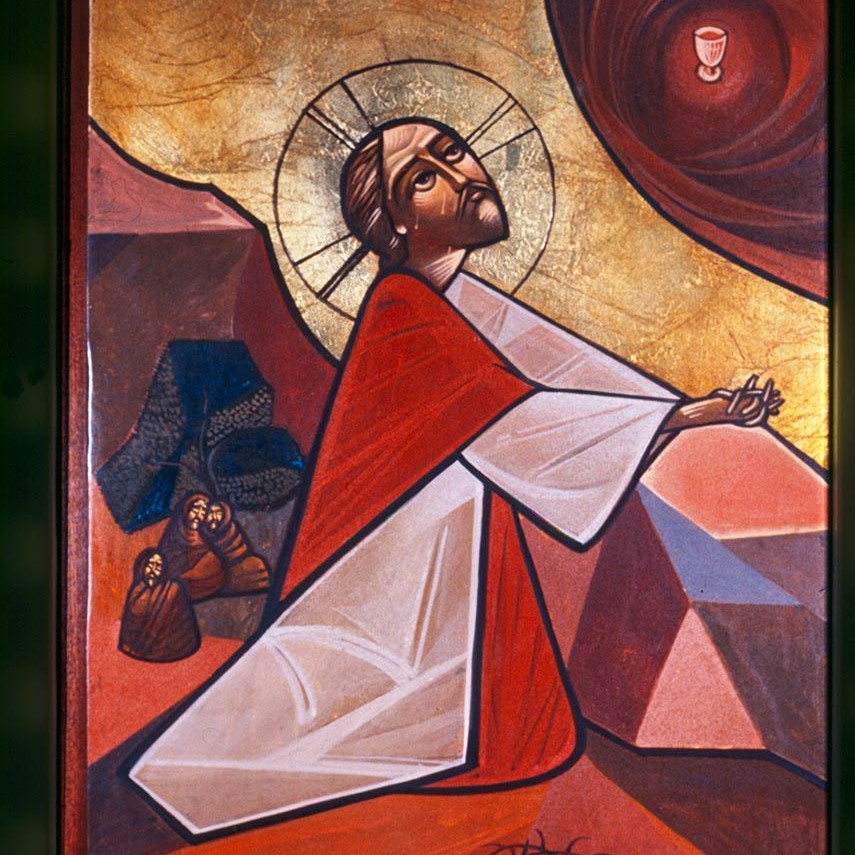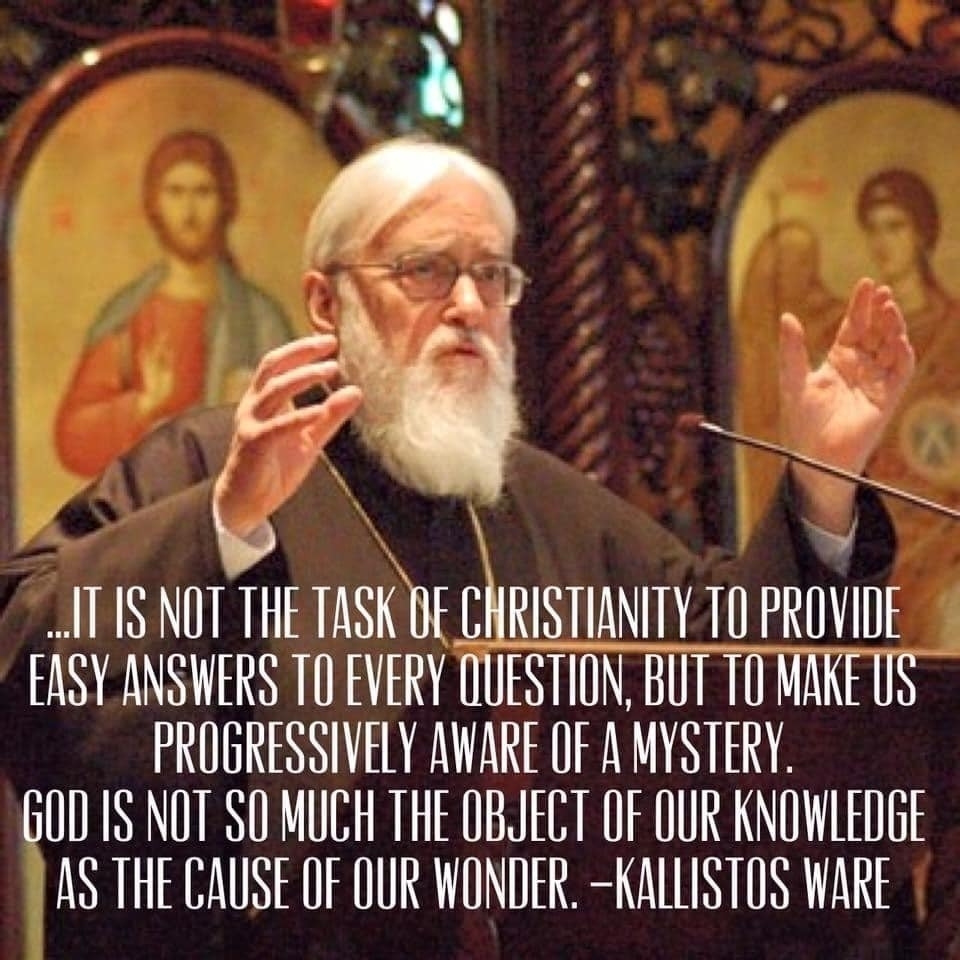Someone comes to Jesus and asks,
“Lord, will those who are saved be few?” (Luke 13:23, ESV)
Jesus doesn’t answer the question, though, at least not directly. He says,
““Strive to enter through the narrow door” (Luke 13:24a, ESV)
What a side step! I think we immediately see two things in this first part of his response:
First, the question was the wrong one. If it was the right one, I think Jesus would have answered it. So we can assume from this Christ doesn’t want us worrying about the number of people that are going to be saved into the Kingdom. Even though it wasn’t asked, Jesus cares enough to answer the right question, though, which is will I be saved?
Now, in the immediate context here, the salvation in view is probably specifically referring to the looming judgement that Israel will bring on themselves if they reject Jesus as Messiah and his way of life as essential.
Nevertheless, we would be foolish to think this warning doesn’t apply to every generation and every person!
Jesus wants us be thinking about our selves, our attention, our efforts to enter the Kingdom now, for the sake of eternity.
Now, salvation is always God work in us from beginning to end, but this doesn’t mean he turns us into robots. The same St. Paul that talks about grace through faith in Ephesians also wrote to the Philippians: “… my beloved… work out your own salvation with fear and trembling, for it is God who works in you, both to will and to work for his good pleasure.” (Philippians 2:12–13, ESV)
Remember, grace is opposed to earning, not effort. It’s been said we don’t work for grace, we strive from grace. The availability of salvation, and the power to persevere in it are always given to us, no strings attached. But Jesus will never force us to follow him. Those that want to follow Jesus have to make that decision, and actually follow. This takes real mental and physical effort. This is what Jesus is talking about when he says we are to strive to enter the Kingdom.
But what about the narrow door? Jesus talks about earthly treasure that can’t follow us into heaven in Luke 12. In Hebrews 12, the author encourages the church to lay aside the weight of sin. The door is narrow because there are things that we just can’t bring with us into the Kingdom. We’re going to have to let some things go in order to fit. We certainly can’t bring the physical stuff we accumulate for ourselves. We can’t bring our selfish and self-destructive attitudes, actions, and affections. We can’t bring anything, in other words, that does not look like Christ.
I believe the door is as narrow as the Cross where Jesus died.
It was there, at the cross, that Christ was glorified, that his rule of love was made manifest, and where path from death to life was made straight for us. Jesus, in his perfect humanity and divinity, was able to make a way for all of us still caught up in all forms of evil and death. He went ahead of all humanity, blazing a trail with the light of his love, his forgiveness, and his victory over sin. He did something that would be impossible for any of us on our own: he came out the other side of the death—Resurrected, never to die again. Not only does he continue to shine that light for us to see the way, but he sends his Spirit of grace to empower us with his very life, so that we too can follow him through the narrow way of the cross, endure death and share in the Resurrection.
So we can and must strive by grace and in faith for the Cross of Christ, to cling to it, and not just the idea of it.
It is not enough to simply know about Jesus. To enjoy his presence from time to time, on our own terms. We can’t assume that we will enter the Kingdom now or ever, just because we participate in Holy Eucharist sometimes and listen to Bible teachers on YouTube, if our efforts do not continue to direct us toward Jesus in our overall way of life.
It is not enough to simply acknowledge in our minds that his way is The Way, without putting for the effort to truly walk in it in the present. The warning here is unavoidable: there will be consequences for not walking through the door while it is open, and there will be a time where some will want to walk through it, but will have simply waited to long. There are some people that will respond to Christ at the last minute, and truly follow him—while others will have been around Jesus for awhile, and never take a real step toward him.
“And people will come from east and west, and from north and south, and recline at table in the kingdom of God. And behold, some are last who will be first, and some are first who will be last.”” (Luke 13:29–30, ESV)
Those that come immediately into the Kingdom, even if they are last to hear about it, will nevertheless find the Bread of Heaven which will keep them to eternal life. Those that delay in following Christ, even if they’ve known of him for a long while, will live to regret it.
To enter the narrow door to the Kingdom of God now and forever, we must strive to participate in the cross-shaped life of Christ, today. Not tomorrow, when we wrongly think we’ll be more prepared. The door might be shut then.
But today.
Photo by Max Zed on Unsplash





